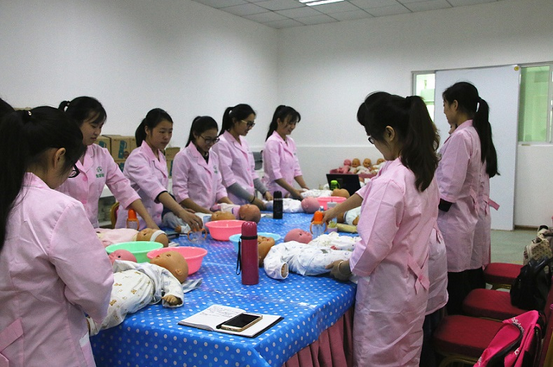Children are seen as the future of the nation, and their healthy growth is at the heart of every parent’s concern, especially regarding height growth. In the process of promoting healthy growth, daily diet plays a key role. A reasonable diet not only helps children grow taller but also enhances their physical constitution. However, in today’s society, excessive pampering has led many children to frequently consume junk food, which poses a threat to their health. Therefore, ensuring a balanced diet for children and keeping them away from unhealthy food has become an important measure to maintain their health.
Protein, as a fundamental component that makes up all tissues and organs in the body, is crucial for children’s growth. It is involved in the construction of muscles, internal organs, brain tissue, and various proteins in the blood. To support healthy growth, it is important to ensure that children’s diets include abundant high-protein foods, such as lean meat, fish, milk, soybeans, and eggs.
Moreover, minerals such as calcium, phosphorus, and magnesium play a fundamental role in bone development, constituting the main part of the skeletal structure. Therefore, supplementing these minerals through foods like milk and fish is essential for promoting children’s height growth. At the same time, trace elements such as iron and zinc can regulate growth and development speed, with animal offal, fish, and nuts being ideal sources of these elements.
Vitamins A, B, C, etc., are also essential for children’s growth and development, playing an important role in promoting height growth. In daily life, foods rich in these vitamins, such as citrus fruits, carrots, and spinach, are suitable as part of children’s diet.
Parents should set a good example during their children’s growth stages and cultivate healthy living habits, laying a foundation for a lifetime of health. During this period, focusing on the intake of proteins, minerals, and vitamins is essential for healthy growth. Parents must remember the importance of these nutrients to their children, guiding them to form a scientifically rational diet structure, together protecting the robust growth of children.


